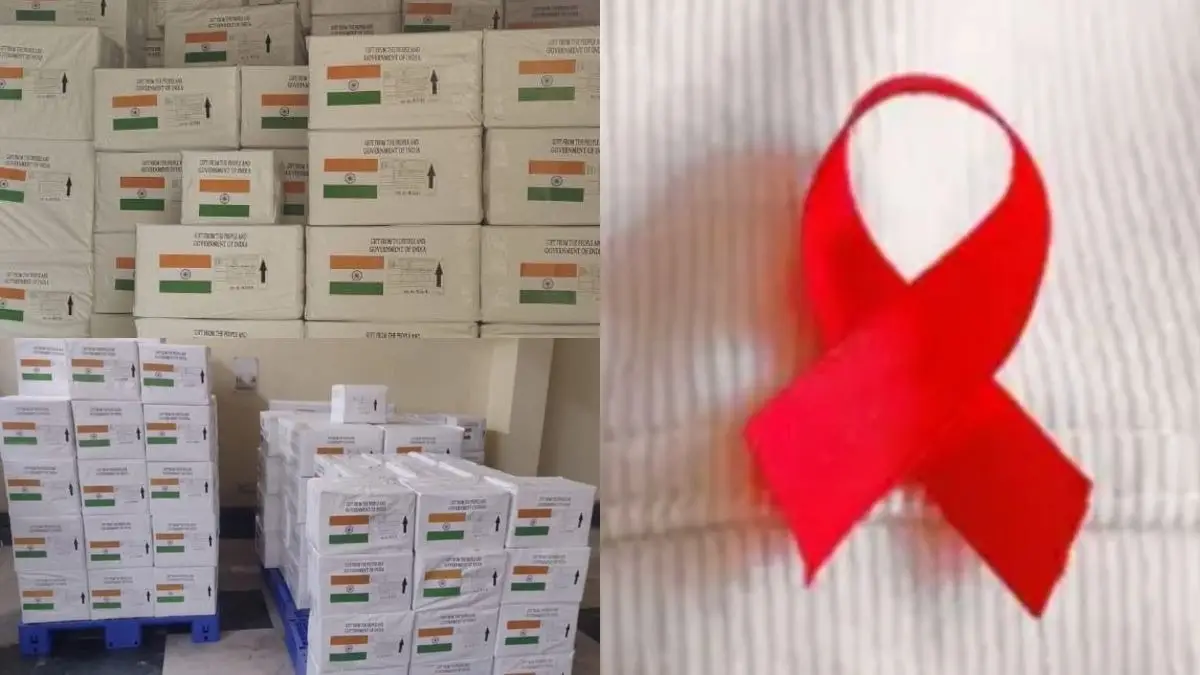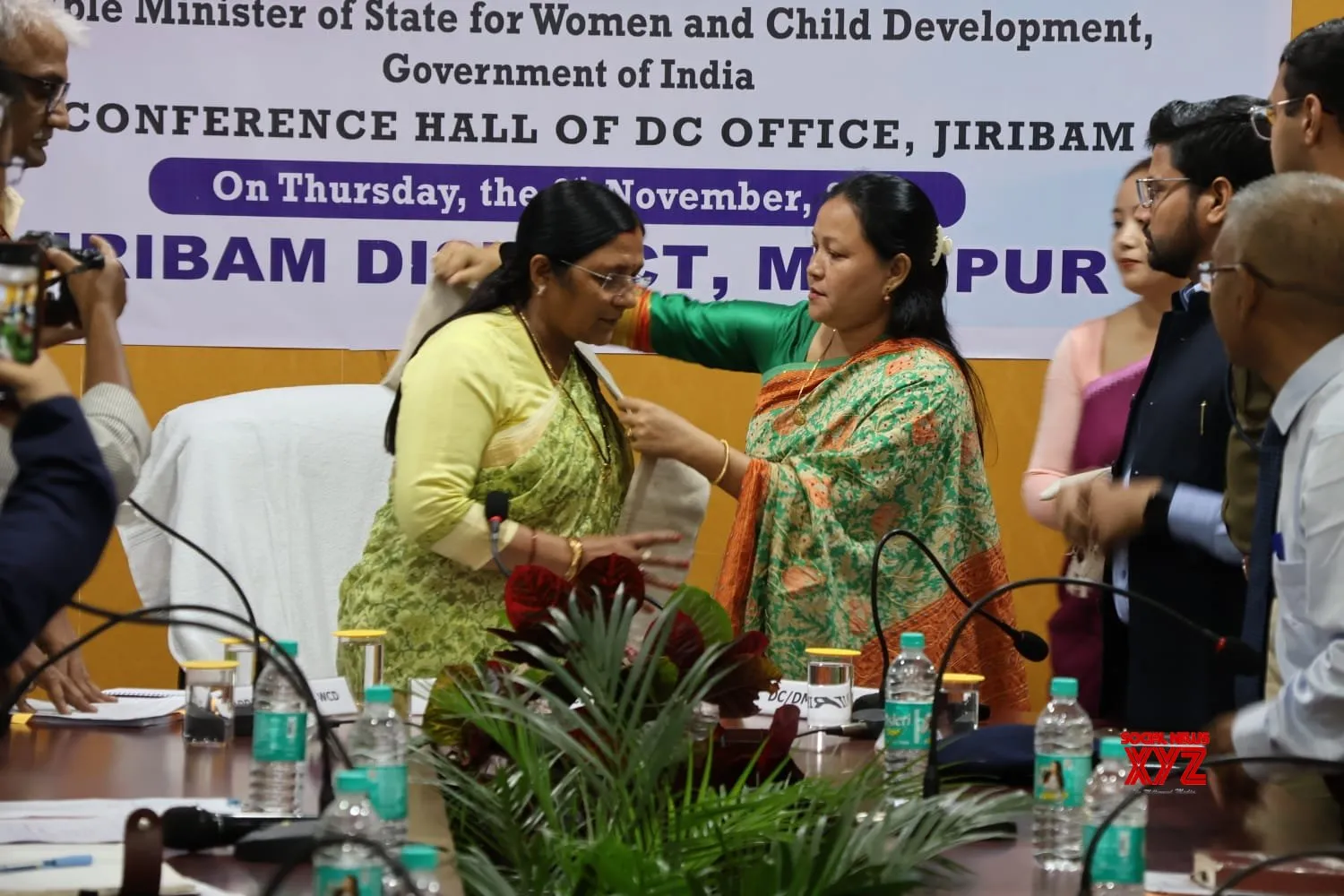Copyright buzzfeed

The lens of violent innocence highlights these kinds of events as an insidious performance of righteousness or helplessness when confronted with the suffering they’re actively enabling. There’s a refusal to see one’s own power or responsibility. By insisting “we can’t do anything,” lawmakers disown their agency, making the harm appear inevitable when there are actual political choices involved. Thus, the innocence becomes the mechanism of the violence. “People or institutions might insist on their own innocence despite being given information that their decisions or inaction cause harm due to a desire to protect or preserve their view of self,” Cromer said. “Receiving feedback and a request for change is hard, but it is necessary.” By clinging to the story of their own goodness or helplessness, individuals and institutions can sidestep accountability ― and in doing so, perpetuate the very harm they deny. “For some, being made aware of hurt caused requires them to take active remedial steps,” Cromer said. “Many institutions and people have a hard time with this insight due to the fact that many view ‘mistakes’ as ‘permanent.’ In some instances, the people or institutions do believe that they are actually innocent and have not caused any harm, despite contrary feedback.” Cromer emphasized that healthy, adaptive people and institutions view feedback, education and awareness as constants, just like change. It’s all part of the ongoing process of growth, which is not a threat to their identity. “The first step toward real accountability is an openness and awareness that being receptive to feedback ― even feedback you disagree with ― is a requirement for health,” Cromer said. Active listening and note-taking on the feedback you receive and harm that you caused is key. “While you can’t change the past, you’re being asked to modify your behavior to prevent future harm,” Cromer said. “Create an action plan that specifically targets these behaviors and identifies both direct and indirect expressions of each. Lastly, educate yourself in the areas that you need to grow in.” Don’t forget to continuously hold yourself and others accountable as you grow as well. Ultimately, violent innocence thrives wherever accountability feels unbearable. Breaking that pattern means choosing awareness over comfort, and accepting that growth and change don’t threaten your integrity but actually strengthen it. This article originally appeared on HuffPost.



